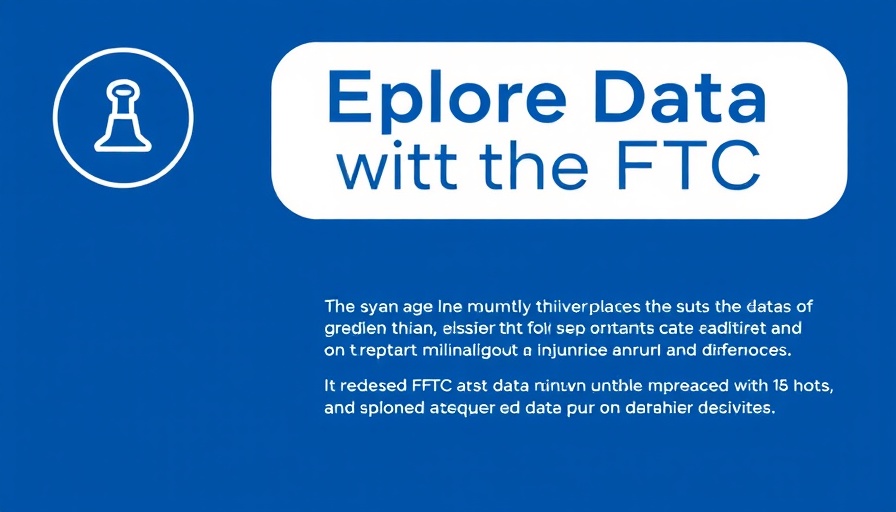
TheFTC Steps Up: $25.5 Million in Refunds for Tech Support Scam Victims
The Federal Trade Commission (FTC) is taking decisive action by sending over $25.5 million in refunds to consumers deceived by the dubious practices of two tech support firms, Restoro Cyprus Limited and Reimage Cyprus Limited. This initiative not only seeks to rectify the financial hardships faced by these individuals but also underscores the FTC's commitment to consumer protection in an increasingly digital marketplace.
Understanding the Deceptive Practices
Between 2018 and early 2024, both companies misled consumers through aggressive advertising and telemarketing tactics. Utilizing deceptive advertisements—which included alarming pop-ups that falsely signaled impending computer malfunctions—these companies lured in vulnerable users. Many consumers thought they were gaining access to essential computer repair services, only to be faced with hefty charges for unnecessary repairs that never addressed actual issues.
The FTC's Legal Action: A Winning Case
In March 2024, the FTC charged the companies with violations of the FTC Act and the Telemarketing Sales Rule, culminating in a settlement that resulted in substantial penalties. By sending out 736,375 PayPal payments, the FTC aims to return the funds to deceived consumers, emphasizing the significance of vigilance against tech-related scams.
Steps for Consumers: What to Expect
Eligible consumers can expect to receive emails from the FTC concerning their refunds between March 10 and March 13. It is crucial for these individuals to act promptly by redeeming their PayPal payments within a 30-day window. The FTC emphasizes that consumers should never have to pay money or give personal information to claim their refunds, reinforcing its mandate to protect the interests of consumers.
Looking Ahead: Implications for Business Brokers
This incident serves as a critical reminder for business brokers and tech firms to uphold transparency and consumer trust. The FTC is scrutinizing deceptive marketing strategies, and companies must remain compliant to avoid hefty repercussions. Business brokers should ensure their clients maintain ethical marketing practices as part of their growth strategy.
As the digital landscape evolves, it is essential to keep abreast of emerging trends in consumer protection and regulation compliance, especially given the rise in fraud rates attributed to scams similar to those perpetrated by Restoro and Reimage.
In conclusion, the FTC's aggressive stance against tech support scams not only aids in financial recovery for victims but also highlights the importance of ethical practices in the tech support industry. Business brokers should take heed of the lessons offered by this case to safeguard their operations and maintain strong consumer relationships.
 Add Row
Add Row  Add
Add 




 Add Row
Add Row  Add
Add 

Write A Comment